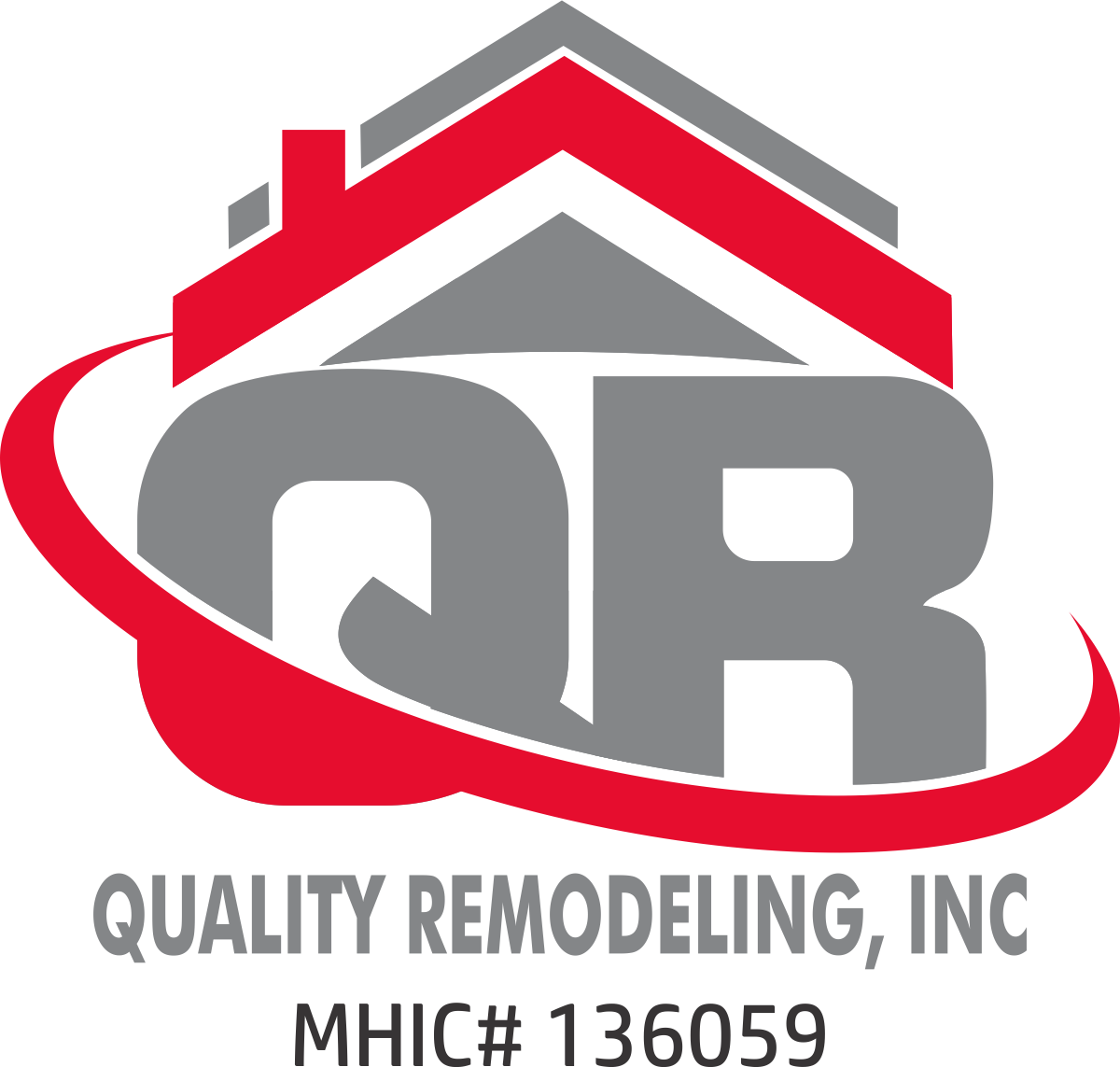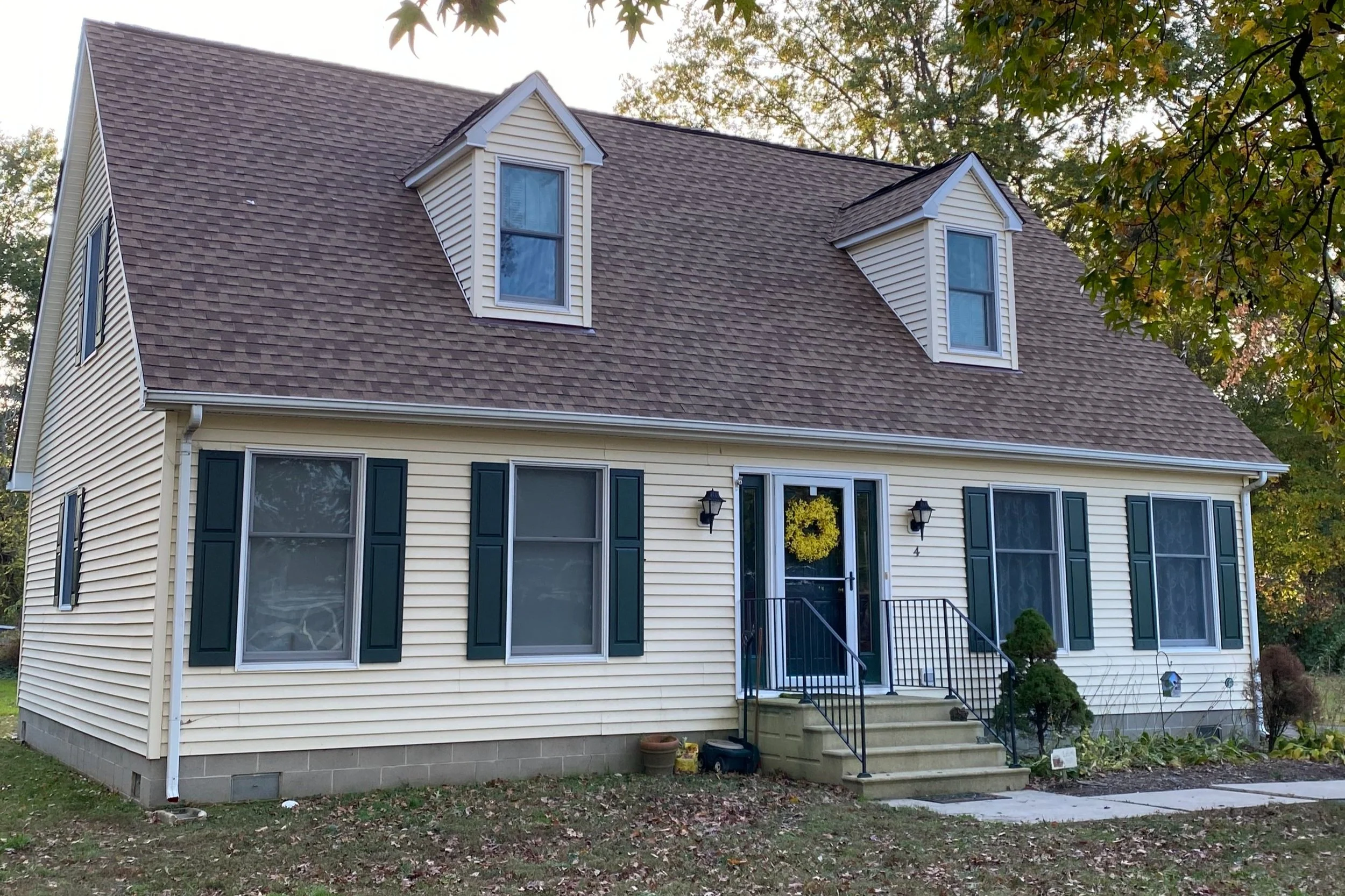Why Your Roof Matters
A roof is one of the most important elements of any home. Not only does it provide shelter from outdoor conditions, but it also plays a crucial role in maintaining your home's structural integrity. As a woman-owned roofing business in Pasadena, Maryland, Quality Remodeling understands the importance of having a durable and well-maintained roof to protect your home. In this blog, we'll discuss the role your roof plays in safeguarding your property, the potential consequences of a failing roof, and how regular roofing inspections can help you avoid these issues.
The Protective Role of Your Roof
Your roof serves as the first line of defense against weather-related damage. It shields your home from rain, snow, hail, and strong winds, preventing water infiltration that can lead to mold growth, rot, and structural damage. Additionally, a well-maintained roof offers proper insulation, ensuring that your home remains energy efficient and comfortable throughout the year.
A strong roof also helps maintain the overall structure of your home. It supports the weight of the building materials and distributes this load evenly across the walls and foundation. Furthermore, a high-quality roof adds curb appeal and increases the value of your property.
Potential Consequences of a Failing Roof
A damaged or failing roof can have severe consequences for your home, both in terms of safety and financial cost. Here are some specific examples of what might go wrong if your roof fails in some way.
Water Damage
A leaky roof can lead to water infiltration, causing damage to your home's interior, including walls, ceilings, and floors. This can result in costly repairs and may even require extensive renovations.
Mold and Mildew Growth
Water leaks can create a damp environment, encouraging mold and mildew growth. This can lead to respiratory issues and other health problems for you and your family, as well as damage to your home's structure and belongings.
Insulation Issues
A damaged roof can compromise your home's insulation, allowing heat to escape during the winter and cool air to seep out during the summer. This can result in higher energy bills and a less comfortable living environment.
Structural Damage
Severe roof damage can compromise the structural integrity of your home, causing sagging, cracks, or even collapse. This can be dangerous for you and your family and can lead to extensive and costly repairs.
Decreased Property Value
A poorly maintained or damaged roof can negatively impact the value of your home, making it more difficult to sell or refinance.
The Benefits of a Roofing Inspection
To avoid the potential issues caused by a failing roof, it's essential to schedule regular roofing inspections with a trusted professional like Quality Remodeling. A thorough inspection can help identify and address potential problems before they escalate, saving you time, money, and stress. Here's how a roofing inspection can help you avoid the issues mentioned above:
Early Detection of Leaks
Roofing inspections can identify early signs of leaks, allowing you to address the issue before it leads to extensive water damage, mold growth, and structural problems.
Evaluation of Insulation
During an inspection, your roofing professional will assess the condition of your roof's insulation, ensuring that your home remains energy efficient and comfortable throughout the year.
Detection of Structural Issues
A roofing inspection can help identify any structural issues, such as sagging or weak spots, allowing you to address these problems before they become severe and potentially dangerous.
Assessment of Roofing Materials
An inspection will evaluate the condition of your roofing materials, identifying any damaged or missing shingles, tiles, or flashing that may need repair or replacement.
Improved Property Value
Regular roofing inspections and maintenance can help maintain or increase your property’s value and ensure that it remains attractive to potential buyers.
Improved Safety
Finally, roofing inspections can help ensure the safety of you and your family by identifying any potential hazards in a timely manner. By detecting problems early on, you can prevent them from escalating into more serious issues.
Regular Maintenance
In addition to inspections, it's important to also perform regular maintenance on your roof. This includes cleaning gutters and downspouts, removing debris from the surface of the roof, and checking for signs of moisture damage or mold growth. Doing so can help ensure that your roof will remain in optimal condition for many years to come.

